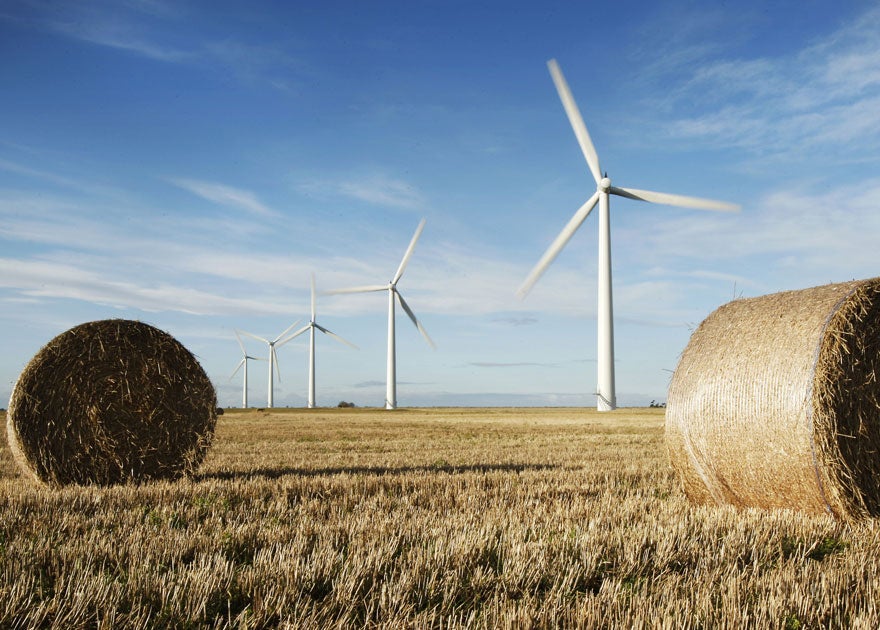Chris Huhne to unveil turbine drive

Your support helps us to tell the story
From reproductive rights to climate change to Big Tech, The Independent is on the ground when the story is developing. Whether it's investigating the financials of Elon Musk's pro-Trump PAC or producing our latest documentary, 'The A Word', which shines a light on the American women fighting for reproductive rights, we know how important it is to parse out the facts from the messaging.
At such a critical moment in US history, we need reporters on the ground. Your donation allows us to keep sending journalists to speak to both sides of the story.
The Independent is trusted by Americans across the entire political spectrum. And unlike many other quality news outlets, we choose not to lock Americans out of our reporting and analysis with paywalls. We believe quality journalism should be available to everyone, paid for by those who can afford it.
Your support makes all the difference.More than 2,500 wind turbines will be installed around the coast over the next nine years under plans to be set out today by the Government.
It will promise a dramatic increase in offshore wind generation in an effort to meet the growing demand for electricity and cut carbon emissions.
At present, Britain produces about 1.3GW of energy for the national grid from offshore wind-farms. But Chris Huhne, the Energy and Climate Change Secretary, will announce a massive expansion, boosting generation to 18GW, equivalent to 3,000 turbines, with the Government to invest £30m in developing components.
Offshore windpower is in its infancy in Europe, with a current capacity of about 3GW. Unsurprisingly given the length of the British coast, this country has the most turbines, followed by Denmark and the Netherlands.
Mr Huhne, in a statement to MPs on reforming the electricity market, will argue that renewable energy, such as solar energy and water power, is essential to meet Britain's targets on climate change. The Government wants to increase the share of renewable energy to 15 per cent by 2020.
Join our commenting forum
Join thought-provoking conversations, follow other Independent readers and see their replies
Comments